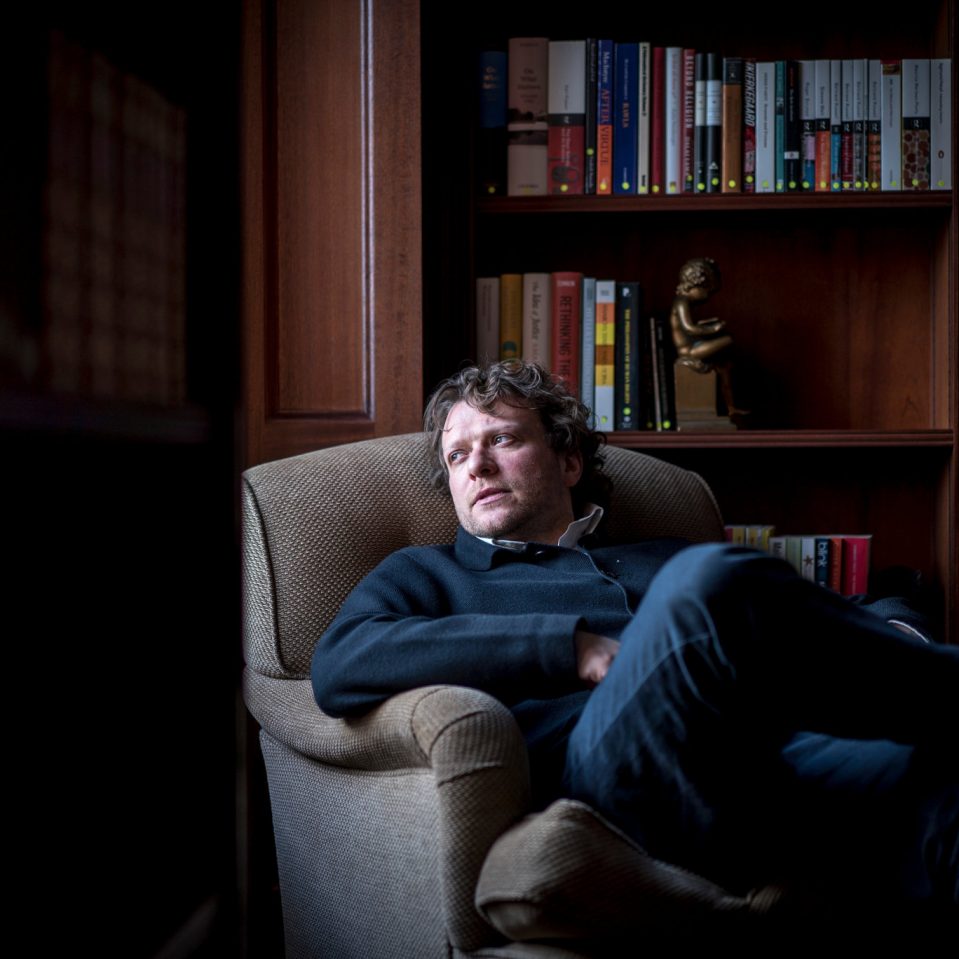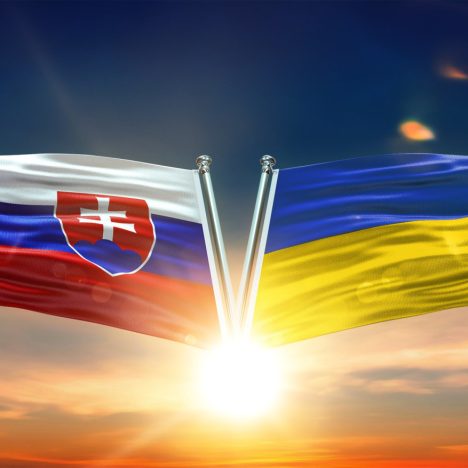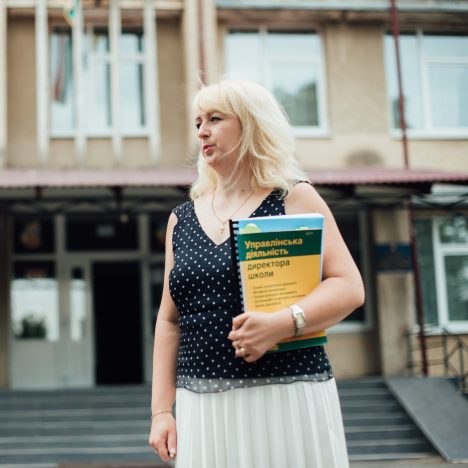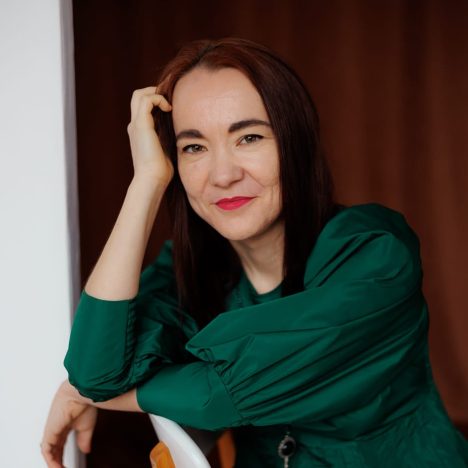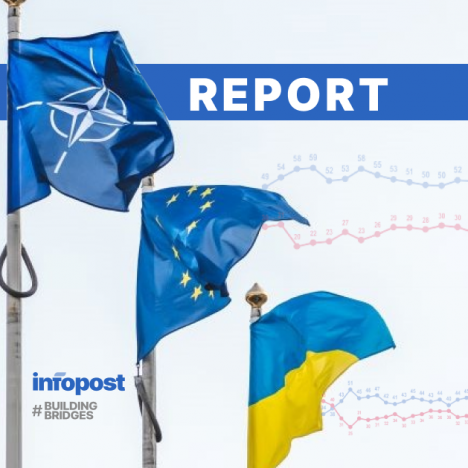The leading expert on disinformation insists that real fight is not about “disinformation“, but about its effects, – overcoming hate, building trust, and getting different, polarised groups to communicate with each other.
Although Peter Pomerantsev, a British journalist, is a fairly niche expert who specialises in disinformation and propaganda techniques. He needs no introduction. His name is known to everyone who has at least once tried to understand at the conceptual level the modern propaganda and disinformation, and all this because Peter probably understands this topic better than anyone else.
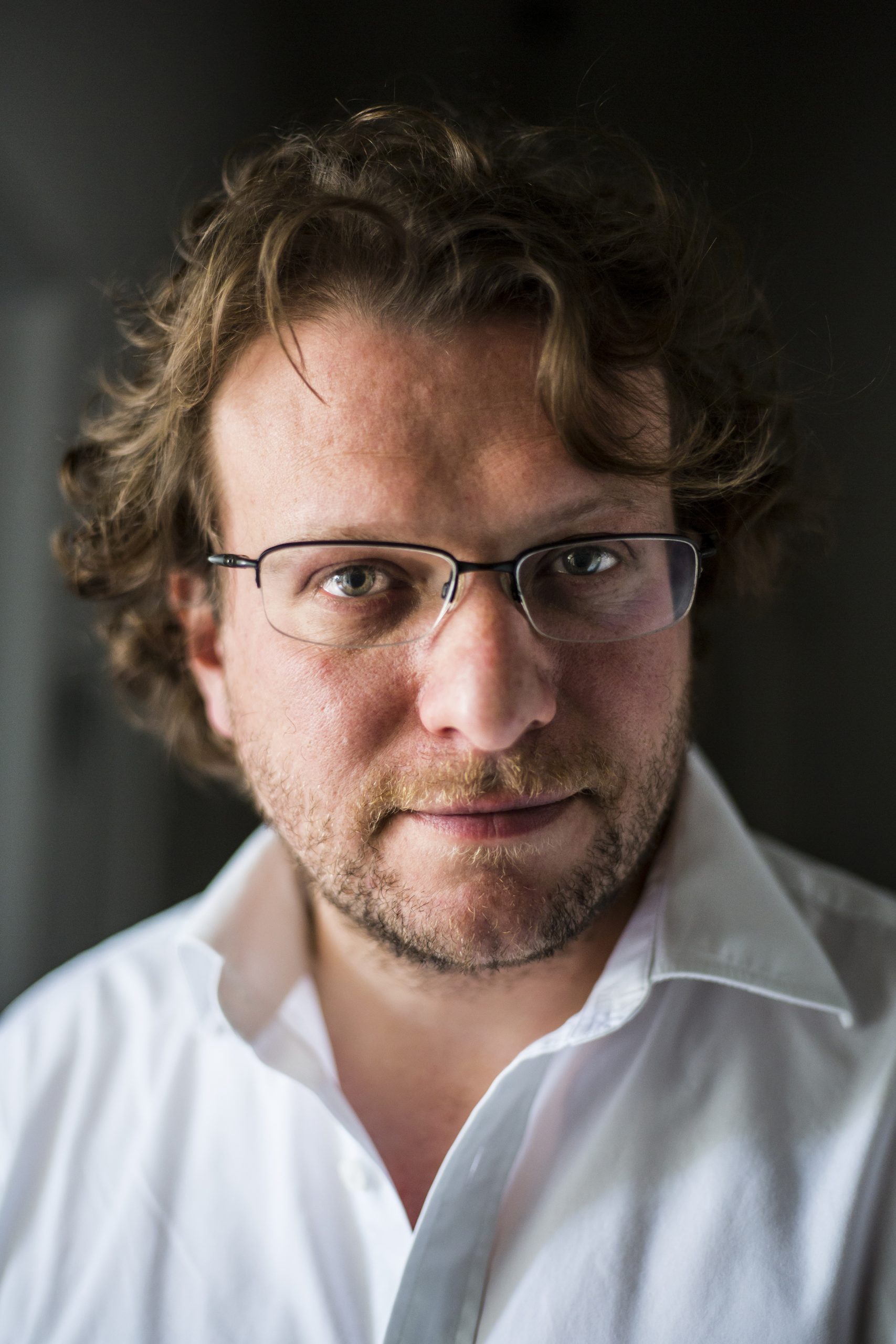
To be convinced of this, you do not need to read his last 2 books, which have become bestsellers – “Nothing Is True and Everything Is Possible: The Surreal Heart of the New Russia” (2014) “This Is Not Propaganda: Adventures in the War Against Reality” (2019), – but we urge you to do it anyway.
However, Peter’s expertise is evident from any comment, interview or speech he makes. It is confirmed by his demand and fame. And also by the fact that Peter personally lived and worked in Russia – a modern “den” of propaganda and disinformation that attacks minds around the world, especially in Europe and the United States, but first of all, of course, in the post-Soviet space. For the last 7 years, this “informational violence” in Ukraine has also been accompanied by military aggression.
Peter Pomerantsev was born in Kyiv. He often visits Ukraine, studying our country a lot. Moreover, Peter travels often far from Ukraine’s capital.
For example, he shot his first film about Transcarpathia, or Zakarpattia region – the westernmost and maybe the most multicultural region of Ukraine. This film, which was presented in 2006, has 2 names – “Eurovision Transcarpathia” as the main title, and “Kidnapping of Europe” as the unofficial one.
This is how Peter describes the film and its idea:
– I made my first film, Eurovision Transcarpathia, about the region. Transcarpathia has been part of more than a dozen countries: during my journey I found the last inhabitants of German-speaking villages, recorded the songs of Poles, gulag stories of Hungarians, tales of Holocaust survivors, rants of Russian imperialists, independence ambitions of Ruthenes, lullabies of Romanians. I drank Soviet champagne with a mute Ukrainian grandmother who lived alone apart from her goat and cows on top of a mountain in an abandoned village: she seemed the most contented person I’ve ever met. When my sign language interpreter tried to explain to her the idea of my film, the only way to translate “Europe“ was as “a place where lots of people live“. The old woman thought it sounded awful. Uzhgorod, the capital of Transcarpathia, is truly polyglot: as you walk down the cobbled streets, bustling with cross-border trade, you hear Hungarian, Ukrainian, Slovak, German, Romanian, Polish and the odd burst of Russian. The yearnings and ambitions of Eurovisionaries find their unforced, everyday realisation east of the Schengen border. “Where is Europe?“ I asked a blue-eyed girl performing a highwayman’s song by a factory near some dark, green Transcarpathian woods. She shrugged. “It’s where we live“.
Recently we have had the opportunity to talk with Peter about the modern context of disinformation, propaganda and manipulation on the ethnic issue, which Russia used as a pretext of waging war against Ukraine in Crimea and Donbas, and hich it also systematically exploits in order to provoke tensions between Ukraine and its western neighbors and the West on the whole.
“Russia just plays off any divides it sees”
Why is the ethnic issue so often used as the key topic of disinformation and misinformation, and how is it reflected in modern multicultural Europe? Why did the ethnic issue once again appear in the European agenda in the context of war, not multiculturalism, tourism, cohesion and cooperation?
– The community of the broad nation state was connected to technological processes. Newspapers, novels, a small amount of tv stations: all these helped create the sense of commonality. In the era of digital and social media it becomes very hard to maintain that broad, national idea. So we have fragmentation: into online cults and racist supremacists, incels and satanists…. Russia just plays off any divides it sees.
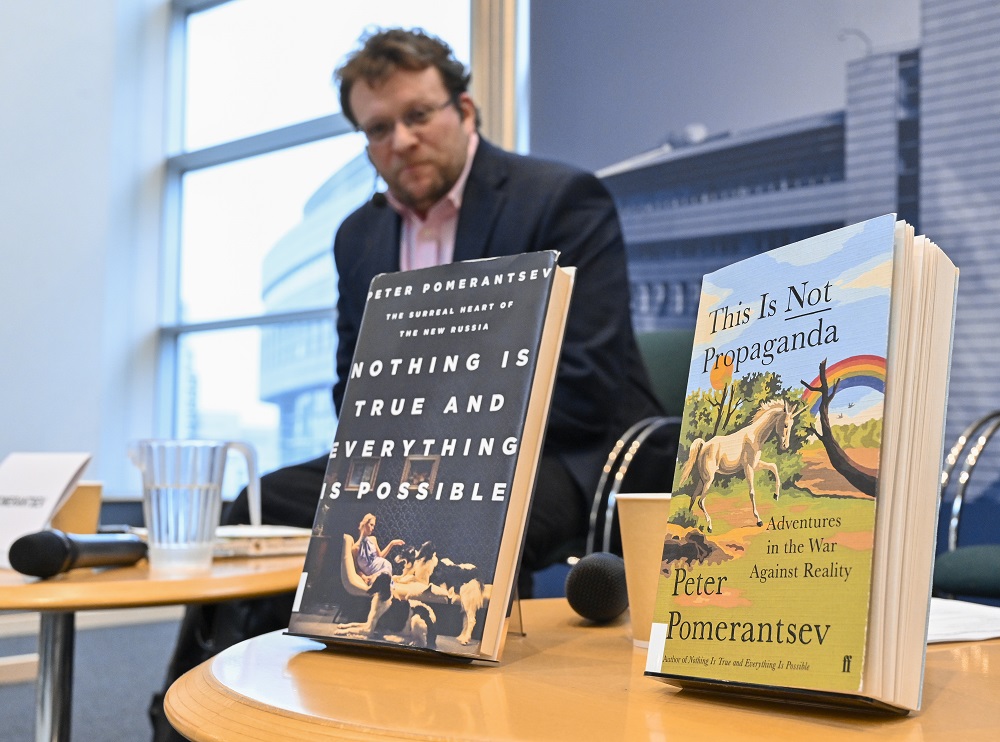
“The Kremlin doesn’t understand Ukraine very well”
Why does the Kremlin place such a big stake on the ethnic issue in the hybrid aggression against Ukraine?
– Ukraine is a multiethnic, multi-confessional, multi-lingual country, and so the Kremlin tries to play on where it thinks those divides are most strong. They do the same in England or France. I think, however, the Kremlin doesn’t understand Ukraine very well. Doesn’t understand that people are generally very tolerant, and not very animated by ethnic differences. There’s a tolerance (bordering on apathy) in Ukraine, which makes it quite immune to these campaigns. In the end Russia had to use armies and occupation in eastern Ukraine. They couldn’t stir it into civil war. Most people in Odessa or Kharkov do not want ethnic conflict.
“You always need to fight the effects of propaganda, not the content”
How are disinformation narratives on an ethnic issues formed, is there any specificity?
– Propaganda generally wants to create rigid, polarised identities. Identity can be an open process, but the aim of the propagandist is to make rigid groups who exclude each other. The Nazis were of course the most famous, dividing Germans into “Aryans” and “Untermenschen”. So in the hands of the propagandists the rich patchwork of identities becomes rigid, aggressive “us” versus “them”. Ethnic identity models are easily manipulated towards such a mentality. They are often already full of the mix of aggression and anxiety a propagandist loves.
How should disinformation on the ethnic issue be countered, especially in such regions of Ukraine as Transcarpathia, Odesa, Bukovyna? What exactly should be done and at what levels – government, media, society?
– You always need to fight the effects of propaganda, not the content. Facts are important, but most likely the real fight is not about “disinformation”. It’s about overcoming hate, building trust, and getting different, polarised groups to communicate with each other. So I would not spend all your time on “disinformation” but focus on the aim of the disinformation….what you can do? We need media that are designed to bring polarised groups together, on and offline events and forums that bring groups together. It means a lot of social research: understanding the root causes of resentment and lack of trust. A democratic public sphere doesn’t just appear, it has to be built. The aim of all propaganda is to destroy the public sphere. That, I would argue, is the definition of propaganda: campaigns whose aim is to destroy democratic discourse.
“Europe without Ukraine is not Europe”
In 2005 you made a film about Transcarpathia “The Kidnapping of Europa”. It caused very controversial reviews from local residents. Why did you choose Transcarpathia for filming? It was your first film. And why did he leave your directing career?
– My books are pretty much a continuation of my work as a documentary maker: I just realised the sort of “auteur” documentaries I wanted to make are easier to do as books. TV is more about mass culture- and I still lead research into how mass TV can impact democracy more positively.
As to local reactions to my film – you tell me! I saw some excellent reviews: excellent as in they understood the aim of the film was to show that Europe without Ukraine, and without Transcarpathia, is not Europe. This is where Europe is – outside the official borders of Europe. Which given the way Ukrainians now fight for the European idea, more than anyone inside the EU does, seemed to have anticipated something!
As to Transcarpathia today, it’s the dream of Europe: multi-lingual, multi-ethinic, and yet also rural and often traditional, but also united by trade… everything the founders of the EU wanted to help happen is already there in Transcarpathia.
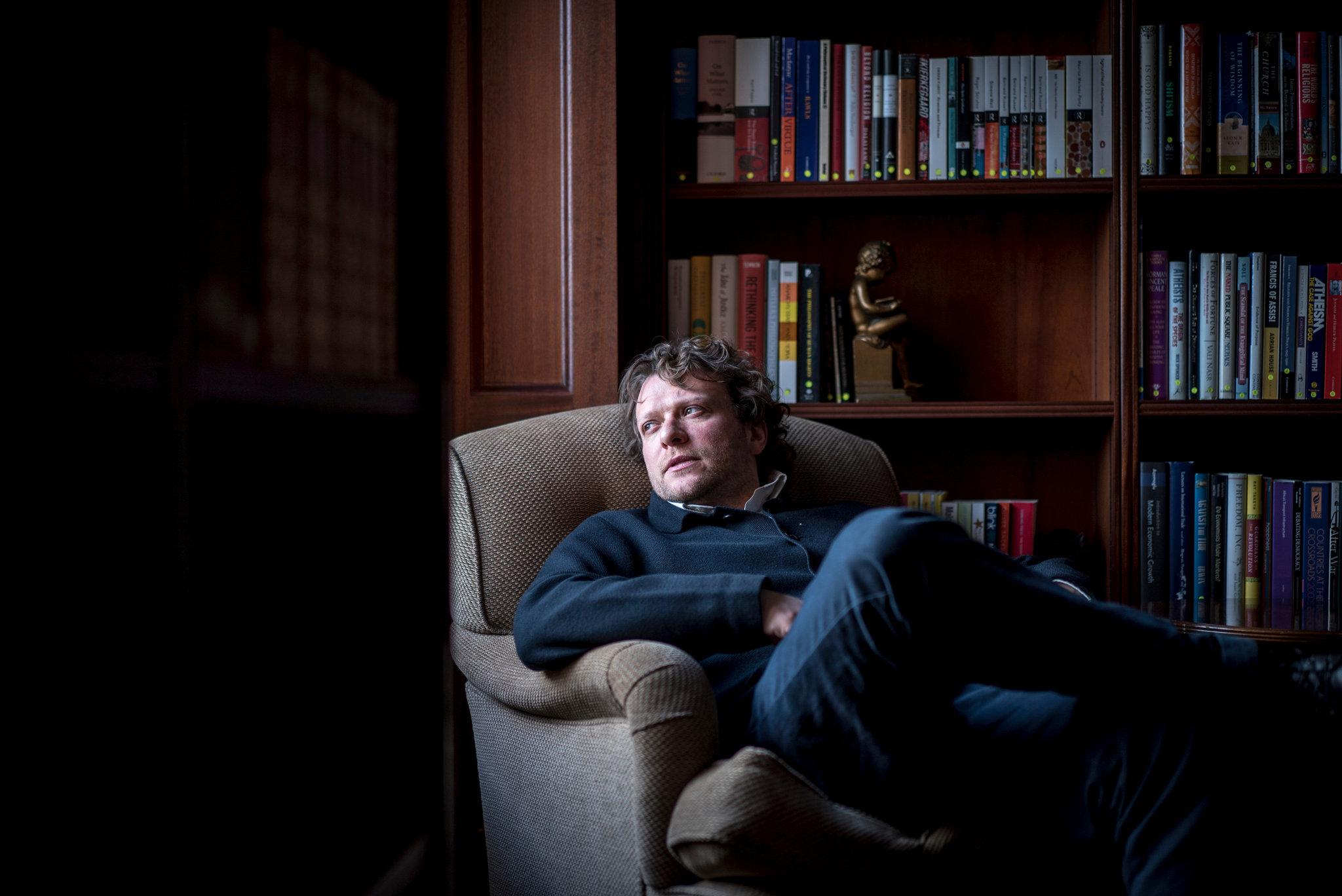
“Many battles ahead”
Recently, Transcarpathia has often appeared in the media in the context of the ethnic issue and various provocations. Even Putin, in his last article ”On the Historical Unity of Russians and Ukrainians“ mentioned Transcarpathia as a unique case. A similar situation is in Odesa, Bukovyna. Is this a plan for Russia?
– I honestly think they don’t understand Ukraine at all – this so far has saved you. They think that multi-ethnicitiy is a vulnerability – when it is actually a strength.
But clearly they will do everything in their power to make Ukraine fail – so there are many battles, many of them in the information space, ahead
“Ukraine is only starting to become a subject in public perception”
Russian propaganda is actively promoting the narrative that Hungary has territorial claims against Ukraine in Transcarpathia. And not only Hungary, but also other western neighbors of Ukraine, for instance, Poland, Romania. Does it make any sense?
– The current Hungarian leadership flirts with revisionism of Trianon, and it helps feed the sense of voters inside Hungary that they have been unjustly treated historically. Most Hungarians feel this. But so far these are propaganda games, little more. If Hungary were to leave EU and NATO were to fall apart maybe this would be more realistic. And these days one can imagine such a future!
How does the West understand and look at the national and state building process in Ukraine: what mistakes do we make, and in what way do we set a positive example?
– Depends what you mean by “West”. In England and America, and maybe some Scandinavian countries, there is a traditionally hawkish attitude to Russia, so Ukraine has entered the public consciousness as a country fighting a big bad enemy. Obviously similar attitudes are in the Baltics, Poland etc. However Germany, France are softer towards Russia. Not sure what Ukraine’s image is there these days. And they decide everything in Europe….but for the moment everything is seen through the prism of Russia. Ukraine is only starting to become a subject in public perception, but not a clear one as yet….someone needs to work on this: expressing the nation’s personality to the global public.
Dmytro Tuzhanskyi, exclusively for InfoPost.Media
Photo credits: epthinktank.eu, personal page of the hero on Facebook, New York Times

